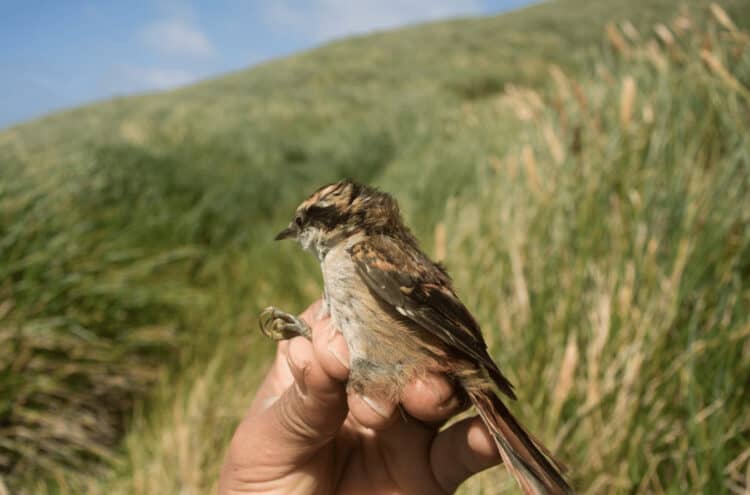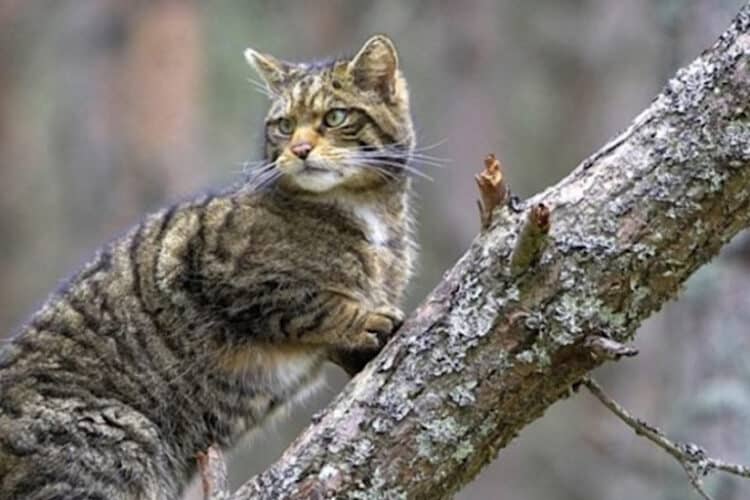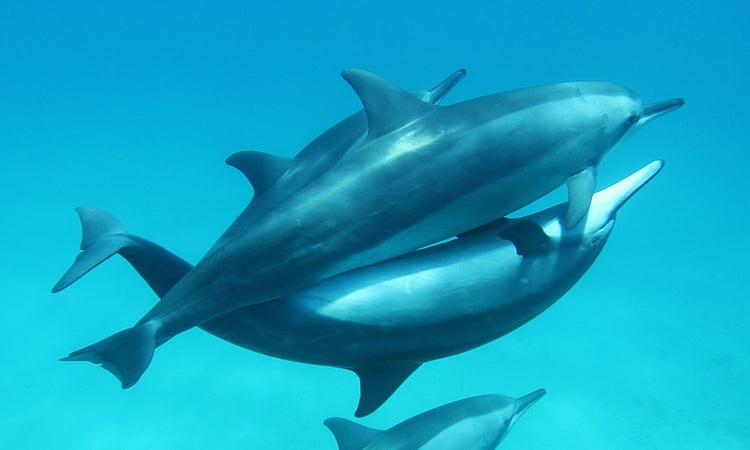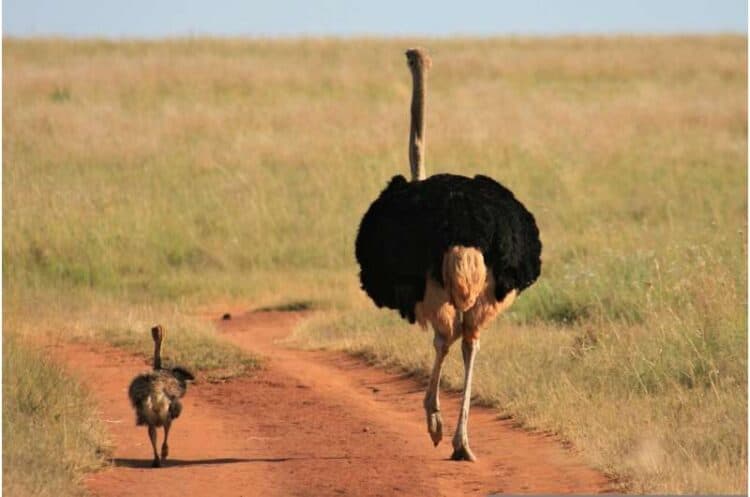A lizard that changes sex in the sun has been discovered by scientists.
It is the first time the phenomenon has been seen in reptiles in the wild and could have implications for other animal species because of climate change.
The cold-blooded Australian Central Bearded Dragon is widespread on red sandy areas in the semi-arid regions of eastern Australia.
It occupies open woodland and is conspicuous when it perches high to warm in the early morning sunlight.

Now a study of this creature has shown embryos with two Z chromosomes – making them genetically male – can develop as female at warm egg-incubation temperatures.
It means its sex is determined both by its complement of chromosomes and by the temperature at which its eggs are incubated.
In place of X and Y sex chromosomes reptiles have Z and W – with ZZ producing males and ZW females.
Combining field data from 131 adult lizards with controlled breeding experiments chemical analyses showed eleven individuals found towards the warmer end of the species’ range had a male set of chromosomes – but were actually female.
It was also found they can facilitate a quick change from a genetically-controlled system to a temperature-controlled one, reports Nature.
When these sex-reversed females were mated with normal males none of the offspring had sex chromosomes and their sex was entirely determined by egg incubation temperature.
The offspring arising from sex-reversed mothers also had a higher propensity to reverse – reinforcing the transition – and sex-reversed mothers laid almost twice as many eggs per year than their normal peers leading to more feminized populations.
The study highlights the potential role of global warming in altering the biology and the genome of climate-sensitive reptiles.
Dr Clare Holleley, of Canberra University, said the finding “adds to concern about adaptation to rapid global climate change.”
She said: “Here we make the first report of reptile sex reversal in the wild – in the Australian bearded dragon (Pogona vitticeps) – and use sex-reversed animals to experimentally induce a rapid transition from genotypic to temperature-dependent sex determination.
“Although sex reversal in reptiles has been demonstrated under laboratory conditions this is the first time sex reversal has been shown to occur naturally in a wild population of reptiles – or indeed any amniote.”
She said sex reversal was widespread with instances distributed over a total area of almost 15,000 square miles in remote semi-arid Australia.
The proportion of sex-reversed females increased each year over the study from 6.7 per cent in 2003 to 13.6 per cent in 2004 to 22.2 per cent in 2011 – suggestive of a trend.
Biologist James Bull, of Texas University at Austin, reviewed the study for the journal and says it will inspire “parallel work on other species.”
He said: “Broader geographic and longitudinal comparisons for these lizards will give insight into the ramifications of climate change on this temperature-dependent reproductive mode.”
This article was first published by The Telegraph on 02 Jul 2015.






Leave a Reply